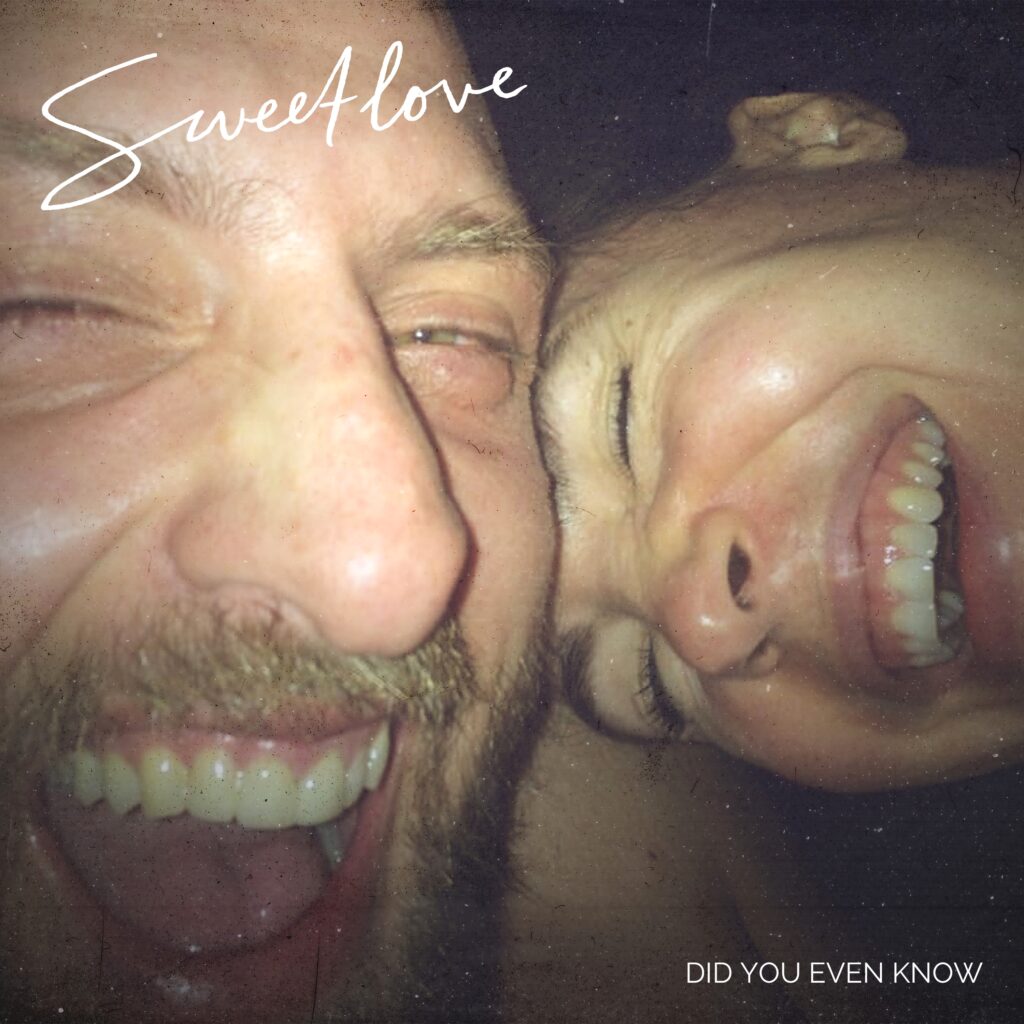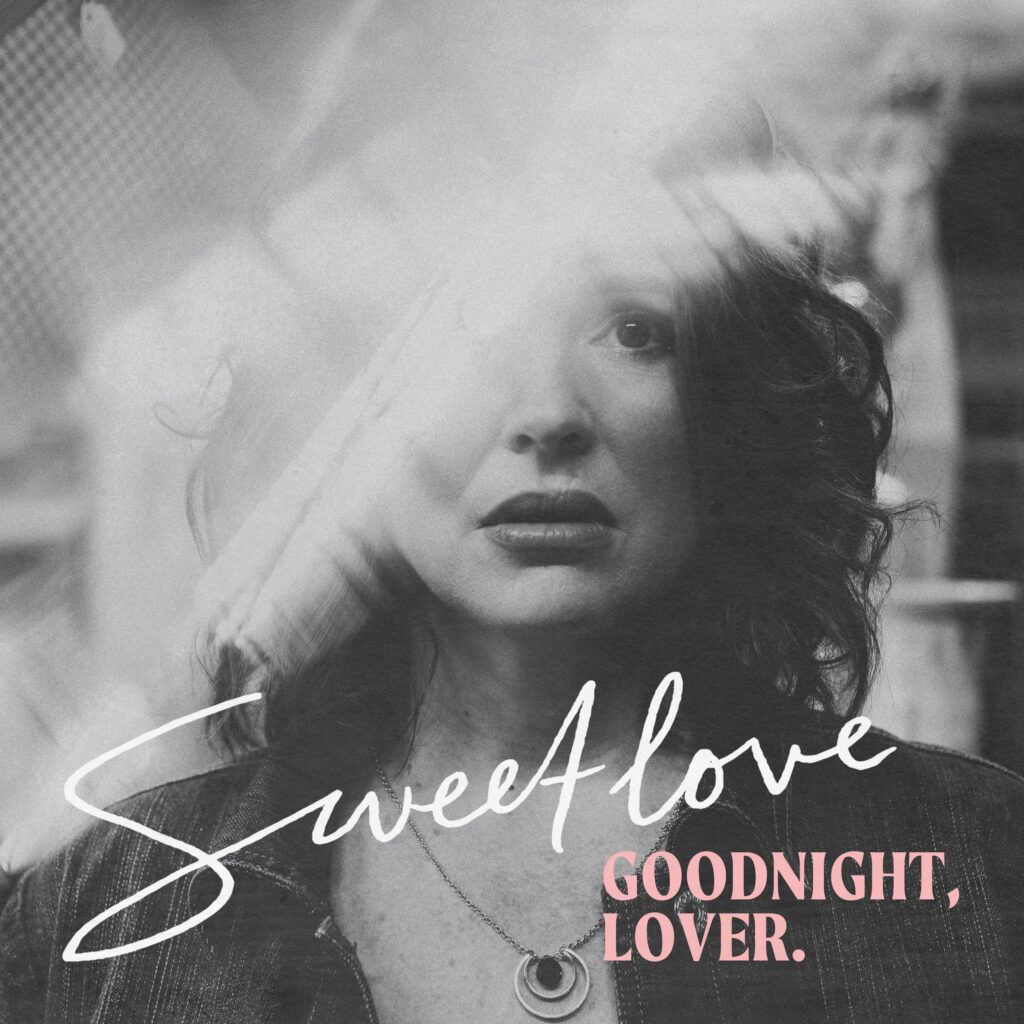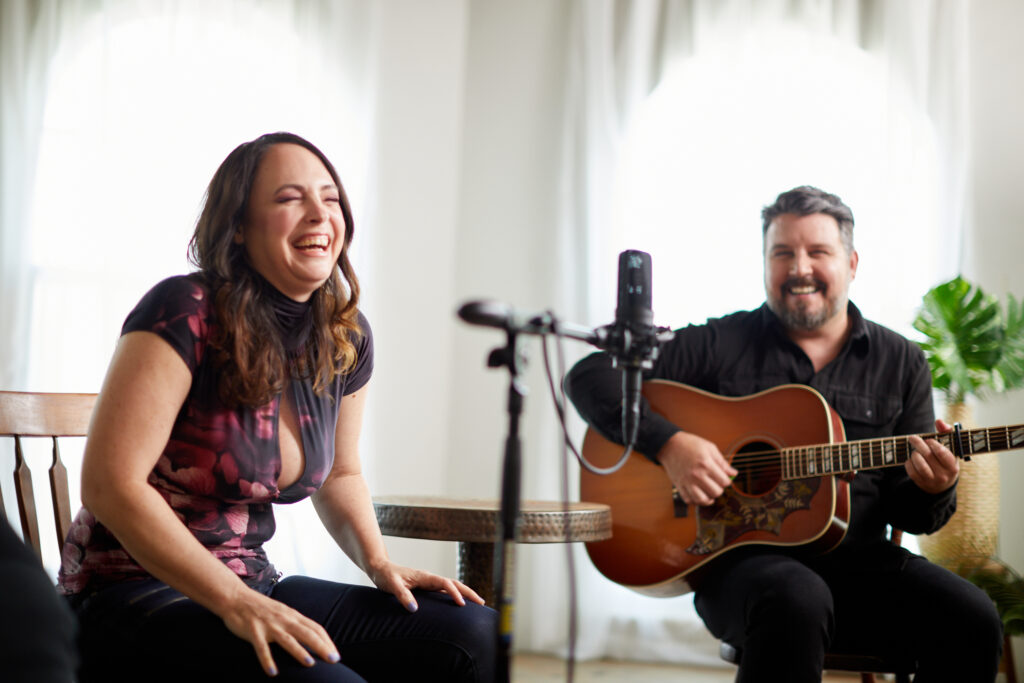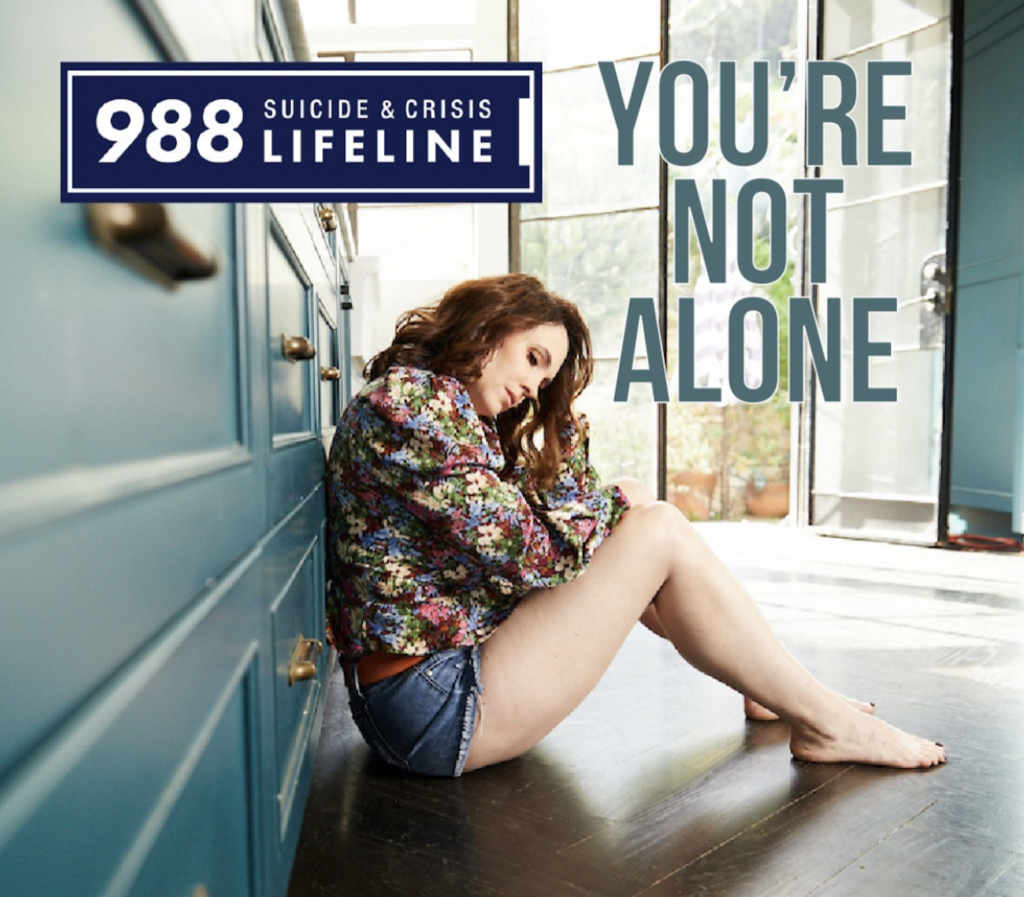How Music Saved Me (When I Couldn’t Save Him)
TW: Suicide
I’ve been trying to capture this thought for a year, so let’s jump right in the deep end here: It’s not an exaggeration to say that music has saved my life. And I think it’s no accident that I’ve finished this article on the heels of Suicide Prevention Month.
In 2017 / 2018, as I was discovering how important songwriting would be in my life, I lost 3 beautiful men, whom I loved dearly, to mental health issues: my oldest friend since infancy passed away on Christmas Eve from untreated schizophrenia and pneumonia while living in his car, my beloved cousin drank himself to death, and a dear family friend and longtime love of mine took his own life, even though he was surrounded by people who adored him and were trying to save him.
There is much to say in future writings about the state of mental health care in our country, and particularly the way men struggle to avail themselves of it, how they seem to be so profoundly alone in it, and how it seems like the most gentle and luminous of us seem to be most battered by this world …

But here I want to talk about how we process pain. We’ve seen a great deal of men in pain lately committing violence against themselves or others. Having lost 3 beautiful souls who turned their hurt and rage inward, I was so gutted, particularly by the loss of our beloved David, whose heart and body I had loved for so many years … it was unthinkable to me that he had destroyed them. I was so incredibly sad that I couldn’t breathe, I physically couldn’t breathe.
And so I turned to the only way I knew how to process things: songwriting. I put my head down and started writing songs. I wrote with anyone that would sit with me and I told my story to some brilliant and kind people in big and small rooms, and I poured my grief and anguish and guilt into each room, and into each heart, and I came out with my last record: Goodnight, Lover.
And I swear it saved me. Goodnight, Lover came out in 2021 and it’s like a love letter to, and a gift from, our fallen. I’ve had people tell me that they have been touched by one song or another as they were processing their own deep losses, and I’m so grateful for all of that … and I often think to myself: what if I hadn’t been a songwriter? What if I hadn’t already been making music and didn’t have a place that I could instinctively turn to that helped me unfold the tangles in my heart and mind?

I am a big (BIG) believer in professional mental health help, so I’m not suggesting that writing songs or sculpting a vase will make everyone magically better. But I do know that the process of making something beautiful out of horror saved me in a way that therapy didn’t on its own. I also know that swallowing pain leads to rage and it’s a true poison that will spread outward from the swallower, even if it’s just among the ripples of loved ones wailing after their violent departure. And I would implore you, if you are struggling, to push yourself, even just a little bit, just as much as the tiny bit you can, to find a source of solace for you: music, art, therapy, a rescue animal, a friend, a doctor who takes you seriously, something that makes you feel less alone in the dark.
I’m saying this because I know very well that there are many people within the sound of my voice that have fallen into such dark places, and can’t find their way out. And particularly in this time, when we’ve lost so much connection to each other, and when everyone is putting out their shiniest, most curated selves into the world, it’s almost impossible not to feel like you are the only one struggling.
So I think the first thing I want to say is: find something that gives you joy, that gives you an place to unravel your pain, even if you tell yourself it’s silly or amateur, not ‘real art’ or whatever the things is you say to discount your own slice of joy in the world.

And the second thing is if that’s not enough, then please please reach out to a pro. I promise you that you’re not even close to alone. I know that friends and family can’t always understand the depth of your pain, but there are people out there who have been where you’re standing or kneeling, they know how to help, and they want to help you, they really do.
I can’t promise at all that I understand anyone else’s pain fully, I can’t know the particular hell that each person carries in their bones, but I can promise you that we’re not better off without you – that your loss would create a you-shaped space that the people who love you will never be able to fill. I can promise you that you are worth saving. I promise you. If you can hold onto my words, then hold onto them.
The thing about depression that people who don’t suffer from it don’t understand is that it feels so bad that it feels like it would be a betrayal of how bad you feel to think about feeling better. So then when people try to cheer you up or don’t know how to sit with that kind of pain, they leave you feeling so much more alone. But there are some that can sit with you in the worst of it and shine a little light in … so if you have a friend that can sit with you, please reach out to them and tell them you need help. And if you don’t, that’s ok, it’s ok, please call in the pros. Please. The below is free and 24/7/365. You’re not alone, I swear it.
- Call or text 988
- Chat at 988lifeline.org
With all the love in my aching and hopeful heart,
Sweetlove



